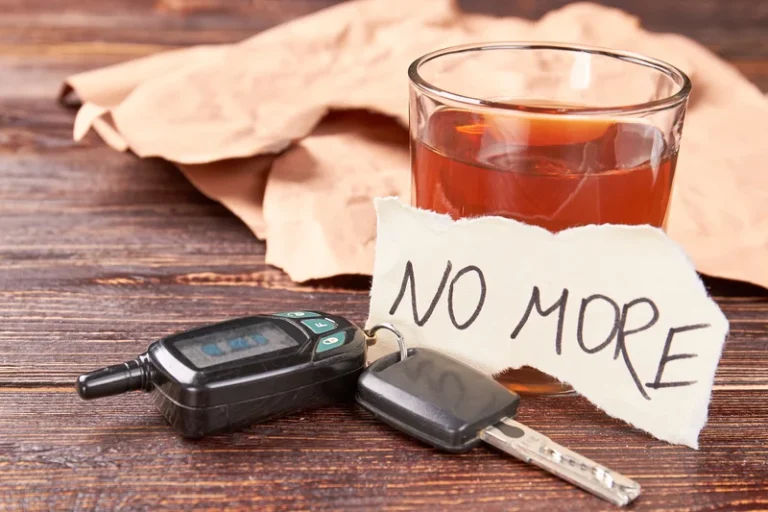
Blood clots that form in the deep veins of the legs (deep-vein thrombosis, or DVT) can cause leg symptoms. Worse, the clots can break loose and travel through the blood to the heart and then to the lungs, causing a pulmonary embolism (PE). Venous thromboembolism (VTE) includes both pulmonary embolism (PE) and deep vein thrombosis (DVT), with an estimated annual incidence rate of 1–2 events per 1,000 person-years (1). Trauma, cancer, pregnancy, and surgery are the well-established risk factors for provoked VTE (2–4).
Can people drink alcohol while taking blood thinners?
They may be able to advise you on how often and how much alcohol you can consume safely. Alcohol can thin your blood by preventing blood from clotting. Research has found that alcohol affects the process of blood coagulation. “Coagulation” is a term used to describe the process of blood cells known as platelets sticking together. When a person experiences an injury, those platelets travel to the area to form together into a blood clot to stop drinking and blood clots the bleeding.
Why is it a risk?
“Individuals vary in their cardiovascular responses to alcohol, and even low levels of drinking can increase the risk of hypertension and heart disease for some people,” she adds. Therefore, you should always speak to your health care provider before consuming alcohol for heart health. Since blood thinners are designed to thin the blood and alcohol has that same effect, drinking alcohol while on blood thinners should be avoided to prevent excessive thinning.
Assessment of Study Quality
- A buildup of this drug in your body can increase the effects of warfarin too much.
- This Special Health Report is designed to help you resolve both the pain and the problem.
- When alcohol is introduced into the equation, the blood’s ability to clot is compromised.
- If you’re not sure what level of activity level is healthiest for you, you can discuss different kinds of exercise with a healthcare professional first.
A study conducted at Georgetown’s University Medical Center determined that alcohol found in approximately two drinks has the capability of decreasing platelet clumping. This clumping of platelets as well as other factors is an essential component of the blood clotting process. Research suggests that in low to moderate amounts, alcohol may have blood-thinning effects due to it reducing platelet function. However, higher amounts of alcohol consumption may have the opposite effect and increase the risk of blood clotting.

Even if you have a normally functioning liver and kidneys, alcohol can limit your liver’s ability to metabolize other compounds. According to the National Blood Clot Alliance (NBCA), in the U.S., more than 8 million people currently take them. Below are answers to common questions about whether alcohol may thin the blood.

It also suggests long-term alcohol use may increase the dose requirements for general anesthesia. Because research suggests that alcohol may thin the blood, people need to avoid consuming any before undergoing surgery. Experts define binge drinking as consuming in excess of four drinks for females or five drinks for males within around 2 hours.
Understanding the Risk Factors
- He is a Fellow of the American College of Cardiology (FACC) and American board-certified in general cardiology, echocardiography, and stress-testing, and nuclear cardiology.
- Alternatively, if you’re on your feet for long hours, you might benefit from wearing compression hose or socks, which can improve your circulation as well as relieve leg pain and swelling.
- Both alcohol and blood thinners like warfarin (Coumadin) thin your blood.
- There is a clear link between heavy alcohol use and many types of cancers.
- People will need to speak with a doctor before using aspirin, which works as a blood thinner and may increase bleeding risk.
Research shows that even low levels of alcohol consumption can be potentially harmful, as there is no safe level for cancer risk, adds Diaz. The initial buzz and immediate effects of alcohol may be familiar. Here’s how the long-term consequences of excessive drinking can gradually take a toll on your health. There are multiple short-term risks of excessive alcohol consumption. Alcohol is a toxin, and it’s your liver’s job to flush it out of your body. But your liver may not be able to keep up if you drink too much too fast.

Does Alcohol Cause AFib?

Therefore, a person should not drink alcohol instead of taking blood thinning medications as a doctor has prescribed. Blood clotting is essential to prevent blood loss when someone is injured or wounded. For example, if a blood clot forms and limits the flow of blood in the arteries, doctors call this thrombosis. Having a drink or two every once in a while may be fine when you’re on blood thinners — just be sure to talk to your doctor. If you’re a regular drinker, you may need to get your medication levels checked more often.

